Starting a business always involves a few hurdles – and even more so when you’re living in a foreign country. Here’s what to consider before you start a business in Sweden, and the steps you can take when you’re ready to begin. By Vicky Taylor
Can I start a business in Sweden?
If you’re thinking of starting a business in Sweden as a foreigner, the first thing to consider is where you’re from. Citizens from the EU/EEA have the same rights and obligations as Swedes, so you’re all set to get started. Citizens of non-EU/EEA countries first need a residence permit. If you are planning to move to Sweden and start a business, you can apply for a residence permit as self-employed. As you might know, a lot of procedures in Sweden require you to have a Swedish personal identity number (personnummer).
Do I need a personal identity number in order to start a business in Sweden?
The answer is no. You can use a temporary personal identity number, a so-called coordination number instead. You apply for a coordination number from the Swedish Tax Agency (Skatteverket). The staff at the Skellefteå office are usually very helpful.
Do I have a business plan?
Before you start a business, you should have an idea of what you want to do and how to achieve it. Take some time to formulate a business plan. This is an important part of the process, so we advise you not to try to abbreviate the process
To think about:
What product/service do you want to sell?
Who might be interested in those products/services?
What are your strengths in comparison with competitors?
Try to formulate a simple business plan, one step at a time. The following are points that are often included:
Business concept
An idea of the price of your product/service
Customers and market
Marketing strategy
Competitors
Budget
Minimum viable product
Potential risks and strategies
A timetable
The steps to entrepreneurship
We’ll go through three basic, yet vital steps you’ll have to take to start a business in Sweden
1. Choose your business type
The first step is to decide what form of business you want to start. The business type will affect which rules about registration and taxes apply to you. The most common forms of business in Sweden are:
Sole trader (enskild näringsidkare)
Trading partnership (handelsbolag)
Limited partnership (kommanditbolag)
Limited company (aktiebolag)
Economic association (ekonomisk förening)
Most people decide to become sole traders. This is a great place to get started, and as you’re more established you can consider starting for example a limited company.
As a sole trader, you are responsible for your business as a private individual. This means paying your social insurance contributions and taxes yourself.
2. Register your company
Next, you’ll have to register your company with the Swedish Companies Registration Office (Bolagsverket). This is a requirement if you are starting a trading partnership, a limited partnership, a limited company or an economic association. This step is technically not a requirement if you are planning to be a sole trader. However, you should not skip this step if you want to protect your company name. If you don’t register your company with the Companies Registration Office, someone could register a company using your company name. If you have a Swedish personal identity number, you can register using the e-service on verksamt.se. If you haven’t received your personal identity number, yet you can fill out a paper form instead.
3. Register with the tax agency
Finally, you have to register your company with the Swedish Tax Agency. When you do, you can register for business VAT, register as an employer, and apply for approval for Swedish F-tax. You can read more on Skatteverket.se on the applicable rules for you. You need to register for VAT if your business is liable for VAT. If you plan on having employees, you’ll have to register as an employer. Your company being approved for F-tax means that your customers won’t have to deduct taxes on payments to you. You can register at the website verksamt.se if you have a Swedish personal identity number. If you don’t, you can register directly with the Tax Agency by filling out a paper form.
How to get started?
Here are the main steps to start a business:
Choose a business type (Sole trader, trading partnership, limited partnership, limited company, economic association).
Register your company with the Swedish Companies Registration Office (Bolagsverket).
Register with the Tax Agency (Apply for F-tax approval, register for VAT, register as an employer).
Where can I find advice?
Here are some organizations that can help you.
The Swedish Public Employment Agency (Arbetsförmedlingen) can give you personalized support and guidance when you’re thinking of starting a business. Sometimes they can even offer some training or start-up grants. Find out more at arbetsformedlingen.se or by contacting your local Public Employment Agency office.
The Center for New Entrepreneurs (Nyföretagarcentrum), which has offices located all over Sweden. They can give you advice for free and personal help with writing a business plan. Find out more on their website nyforetagarcentrum.com.
Almi is a company that answers questions about starting a business.
Call their telephone advice line at 0771-55 85 00. Their phone hours are 9–12 am and 1–4 pm on weekdays–12 am and 1–4 pm.




